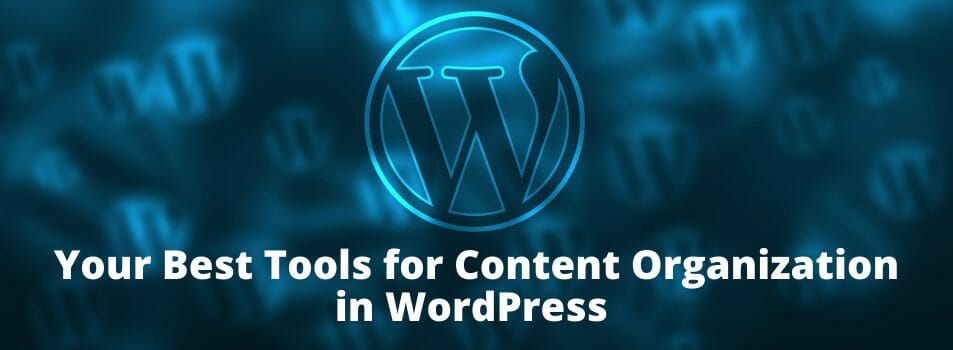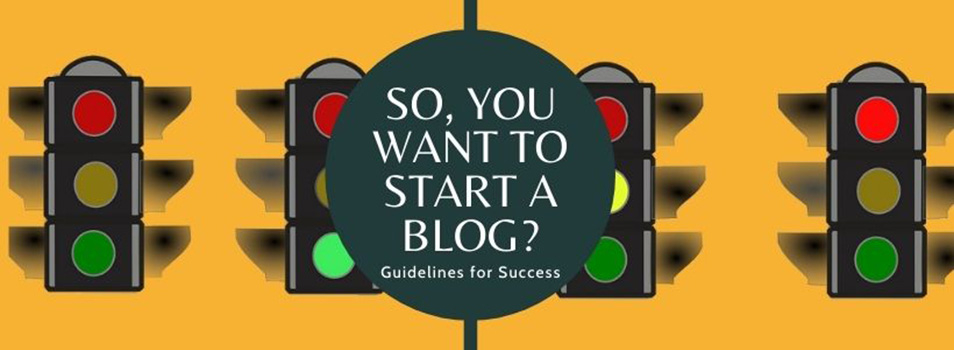Understanding Keywords

To make your web page more findable, it’s important to understand how and where to use keywords. A keyword is simply a word or phrase that describes your website, web page, or document. It’s what someone would type in a search box if they were looking for your content.

You can make your page more findable – also known as search engine optimization or SEO – by putting keywords on your page in strategic locations:
- Page Title
- Heading 1 (h1 tag), Heading 2 (h2 tag), etc.
- On-page text
- File names and alt tags
Your entire website or department pages might have many important keywords, but each individual page will only have a few. You should place important keywords at the beginning of the page title and the H1.
Examples
Here are some examples of titles and headings where the keyword (in bold) was placed at the end or left out entirely.
Bad keyword placement or missing keyword
![]() Mark your calendar for this year’s Homecoming event
Mark your calendar for this year’s Homecoming event
Liberty University School of Law Awarded Full Accreditation Approval by the ABA
We want to honor you for your service
Now, look at those same examples where the keyword has been placed at the beginning of the title or heading.
Good keyword placement
![]() Homecoming 2014 Dates
Homecoming 2014 Dates
ABA Accreditation approved for Liberty University School of Law
RSVP for Military Appreciation Day
You can also use keywords in your image file names and alternative text. (Review our blog post Get the Most from your Web Images to learn how. If you must link to a PDF, make sure you use best file naming practices when saving files. Of course, your on-page text should include keywords.
Think like your visitors
To use keywords effectively, you have to think like your visitors do. That means you’ll have to use the keywords they are searching for. Usually, that means using simple language. For example, a web page about bus routes should be called “Bus Routes,” not “Mass Transit Configurations.”
If it turns out your audience is not finding the information they are looking for, even though your web page has it all right there, the problem might be that you’re not using the right keywords. Listen to the words they use when they tell you they can’t find something and then check your page to see if you’re using the right terms in the page title, headings, and on-page text.
Get help
If you need help making your content easier to find, contact the Web Content team. It’s our privilege to serve you.


